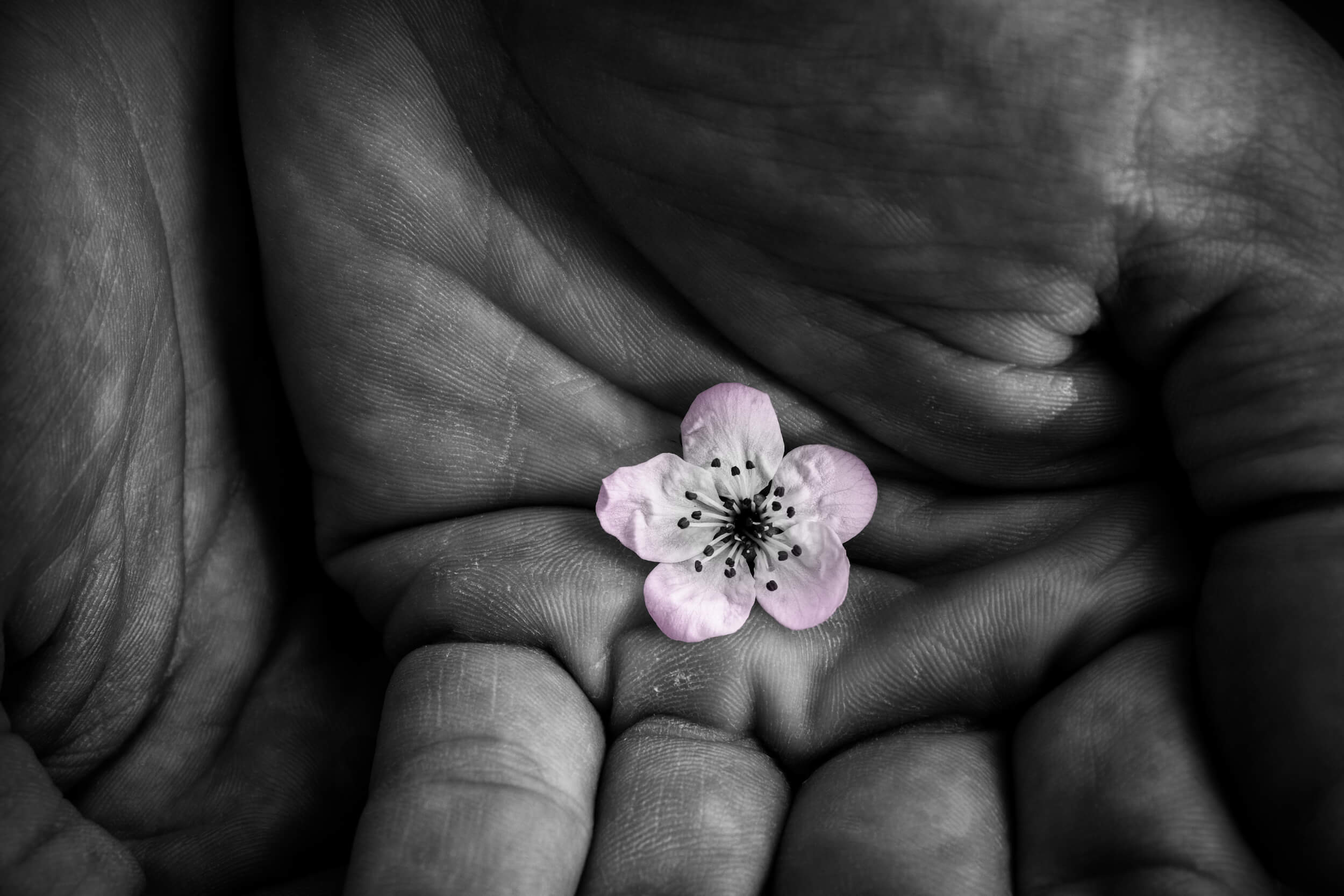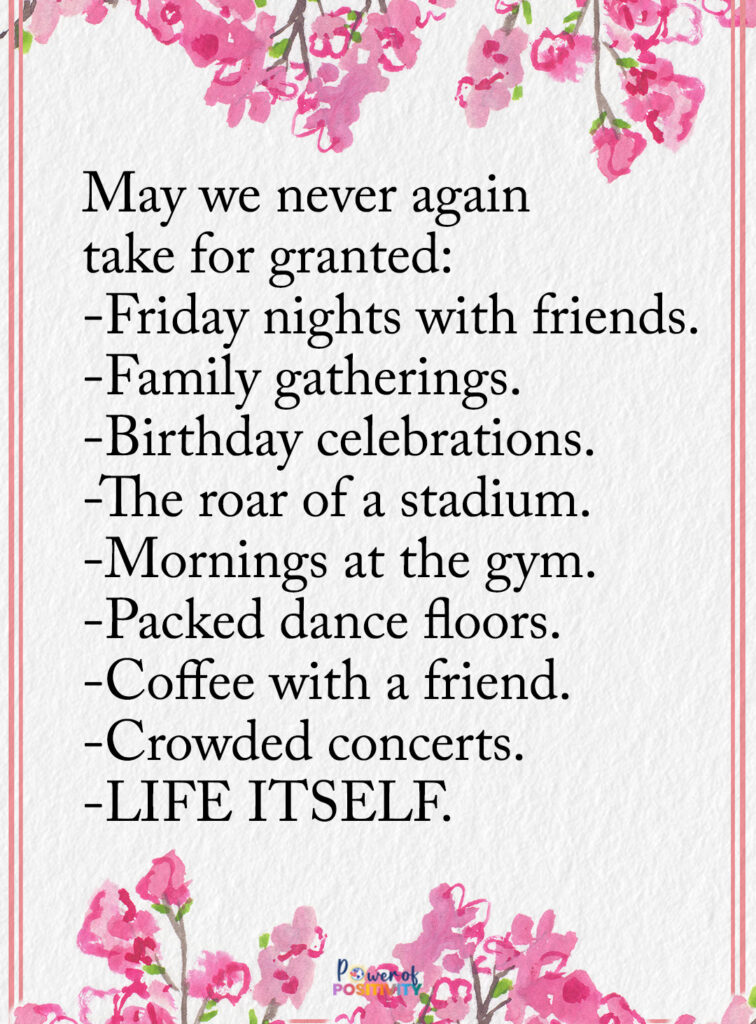Not every emotional reaction fits the moment. Maybe you yell over a delayed text or spiral after a small comment. These moments aren’t just “mood swings”—they’re signs your brain is reacting to something deeper. This section introduces the idea that overreacting is a pattern, not a flaw, and that it can be changed with practice.
Focus here is on relatable tone + clear promise: You can stop overreacting once you understand your triggers and learn how to respond better.
Why Overreactions Happen in the First Place
Sometimes you react in a way that feels too big for what actually happened—and later, you can’t figure out why. These moments aren’t just about being “too sensitive.” They often have deeper roots. Overreactions usually come from old emotions that were never fully processed. Something small today may hit the same nerve as something painful from your past.
Your brain is wired to protect you. If it senses anything familiar to past hurt, it jumps in fast—even when there’s no real danger. This is where emotional triggers come in. They act like alarms, reminding your body and mind of situations that once felt unsafe, even if they’re not dangerous now.
What Counts as Overreacting?
- You feel way too upset for something small
- You say or do things quickly, without thinking
- People around you are surprised or confused by how strong your reaction is
The Role of Emotional Triggers
- Some triggers are obvious, but others are buried deep
- Your brain treats an old emotional wound like it’s happening all over again
Common Signs You’re Reacting, Not Responding
Not every strong emotion means you’re overreacting—but when it’s hard to slow down or think clearly, it’s worth checking in with yourself. When you react quickly, it’s often because your brain thinks there’s a threat. But responding thoughtfully is about slowing down and choosing your next move.
Emotional Red Flags
- A wave of emotion hits you out of nowhere
- You snap at someone or go silent instantly
- After it’s over, you regret how you handled it
Physical and Mental Cues
- Your chest tightens or your stomach flips
- You can’t stop thinking about what happened
- You don’t even know what you’re feeling—it’s all just too much
These are clues that your body might be reacting to emotional triggers, not the present situation itself.
What Triggers Are—and Why They Hijack Your Reactions
Emotional triggers don’t come out of nowhere. They’re linked to something from your past that felt stressful, hurtful, or even traumatic. But here’s the tricky part: you don’t always realize what set you off. A small word, a tone, or a situation can open the door to a feeling that’s been sitting in your body for years.
Your brain stores emotional pain like a “threat file.” So when something even slightly similar shows up, that file opens fast—and so does your reaction. That’s why some situations feel way bigger than they are.
How the Brain Links Past and Present
- A past memory of pain or fear gets locked into your body
- Small details—like someone’s voice or look—can bring it all back
Why the Reaction Feels Bigger Than the Moment
- Your body acts like it’s in danger right now
- Thinking clearly becomes harder—your stress response takes over
- Hormones like cortisol rush in, making it harder to stay calm
Recognizing emotional triggers for what they are helps take back control. You’re not broken—your brain’s just trying to protect you.
How to Spot Your Specific Emotional Triggers
The first step to handling your reactions is figuring out what actually sets them off. Everyone’s emotional triggers are different. Some people react to feeling ignored. Others react to being told “no.” The key is finding your pattern—not someone else’s.
One helpful trick is to look at your strongest reactions and work backwards.
Start with the Reaction, Work Backwards
- What were you doing right before the reaction hit?
- Who were you with, and what was said?
- What fear or thought flashed through your mind?
These little details can help you connect the dots between what happened and how you felt. Emotional triggers often show up when something touches an old wound—even if you didn’t see it coming.
Keep a Trigger Journal
- Write down the moments you felt overwhelmed or acted out
- Look for repeat themes: is it always around certain people, places, or topics?
- Track how you felt emotionally—like dismissed, criticized, or abandoned
Naming emotional triggers doesn’t make them go away, but it gives you power. Once you see them clearly, you can respond instead of react.
Quick In-the-Moment Tools to Stay Grounded
A strong emotional wave can hit fast—but that doesn’t mean you have to get swept away with it. When you feel like you’re about to snap, there are simple things you can do to bring yourself back into the moment.
Grounding tools work by getting your attention off the reaction and back into your body or surroundings. These small actions help calm your nervous system so you can think clearly before saying or doing something you might regret.
Use Grounding Techniques
- Breathe in for 4 seconds, then out for 4 seconds
- Hold or touch something cold, like a glass or metal surface
- Say out loud what you see in the room (e.g., “chair, table, phone”)
Pause the Reaction Loop
- Count to 10 slowly in your head
- Say, “Give me a moment” or “I need a second”
- Sip water or step outside to reset
Even one of these actions can break the loop that emotional triggers often create, giving you a moment of space to regain control.
Train Your Brain to React Less Over Time
Quick fixes help in the moment, but if you want lasting change, it takes practice. The good news? Your brain can learn new habits—especially when it comes to managing emotional triggers.
By slowly teaching yourself new ways to react, you can build a stronger, calmer response to stress.
Practice Mindfulness Daily
- Notice your thoughts without jumping into them
- Pay attention to how your body feels when you’re upset
- Get better at spotting reactions before they take over
Rewire the Reaction with Repetition
- Practice how you’d respond to stress in your head or with someone safe
- Try saying things in a new way next time you feel tested
- Picture yourself staying calm in moments that usually upset you
With time, your reactions will feel less automatic—and more like a choice you get to make.
Set Boundaries Before Things Escalate
It’s much easier to stay calm when you set the tone early. Boundaries aren’t about being cold or distant—they’re about letting others know what’s okay and what’s not.
When you set clear limits ahead of time, you avoid many of the situations that usually trigger you.
Know What You’ll Walk Away From
- Loud voices or raised tones? Let people know that shuts you down
- Constant interruptions? Tell others you need to finish your thought
Communicate Without Defensiveness
- Use calm words: “I feel stressed when this happens”
- Let people know your needs without blaming them
Setting boundaries protects you from falling into old emotional triggers, and it also helps others understand how to support you better.
Get Support If You’re Struggling Often
No one can handle everything alone. If you find yourself overreacting a lot—or feeling stuck in the same emotional loop—it’s okay to ask for help.
Support doesn’t have to be formal. What matters most is feeling safe and heard.
Talk to a Mental Health Pro
- Therapy helps you unpack the root of tough reactions
- CBT or EMDR may be useful if trauma is part of your story
Lean on a Trusted Friend or Group
- Talking things out with someone who gets it can shift your whole mood
- Being seen without judgment helps calm the body and mind
You don’t need to hit a breaking point before reaching out. Getting help is a smart step toward managing emotional triggers and finding more peace in everyday life.
Final Thoughts on Managing Emotional Triggers
Overreactions don’t make you weak—they mean something deeper needs attention. You’re not stuck with these patterns forever. With a little awareness and a few small changes, it gets easier to pause, breathe, and choose your response instead of reacting on autopilot.
Emotional triggers don’t go away overnight, but you can learn to manage them. Day by day, your reactions can shift from loud and heavy to calm and clear. That’s not perfection—it’s progress. And it’s possible for anyone. Even you.















